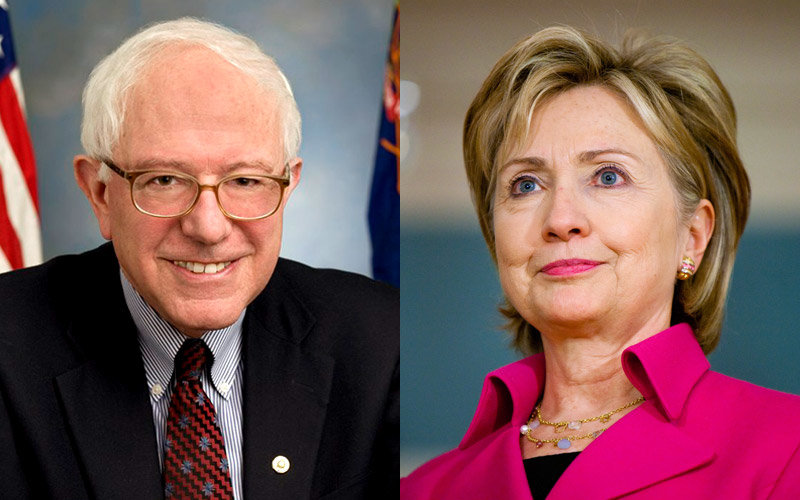
Seeking more substance from the presidential candidates? Want an expert analysis of the Thursday, Feb. 11 Democratic debate?
Look no further than Cal State Fullerton’s Presidential Debate Portal.
While candidates exchange barbs and boast of plans to build the economy and paths to citizenship, Cal State Fullerton political science and communication experts will critique their comments on a new website devoted to political analysis of the debates. Within minutes of each debate’s end, the judges will post their ballots and pick a winner.
Professors from the University of Puget Sound and the University of Houston, and an advocate from UltraViolet are set to participate also. Project head Jon Bruschke, professor of human communication studies, says it’s the next step for Cal State Fullerton’s rich tradition of strong debate teams and political dialogue, and he hopes to hear from students who want to participate.
“We’re leveraging our position in the electronic world of college debate to engage experts and get the best minds to come together to pick a winner,” Bruschke said.
The judges will watch the live debates while making comments on ballots, like the judging system in collegiate debates. Then they’ll file the comments — affirmative or negative for each candidate — on the site.
The project pushes the academic study of communication outside classrooms where students already are discussing the politicians’ arguments, strategies, and their efforts to appeal to emotions and connect to a variety of audiences, said judge and assistant professor of human communication studies Alyssa Samek.
“I’m excited to be a part of the process of making sense of the debates and the broader political process,” she said. “I think students will see how our work in academic work in communication can contribute to the wide range of voices already omnipresent in the media today.”
Debates have become entertainment without an abundance of detail on the candidates’ policies and beliefs. The public largely evaluates its political pool on small gaffs and vague plans, he said.
“Everybody knows it’s a reality show,” Bruschke said. “We want this to be the alternative.”
The site offers links to the fact checking and polling sites; the candidates’ sites and sources that outline where each politician stands on about a dozen issues; even a library of research papers on everything from the Kennedy-Nixon debate and the impact of television on political campaigns. It’s a “one-stop shop” for reasoned assessment and analyses of the quality of the candidates’ positions and strategies.
Like voters, political science professor Stephen Stambough said he’s ready for the conversation to shift gears, and eager to judge the candidates on their ability to do so — starting Thursday.
“Sen. Bernie Sanders needs to show that he can discuss issues other than Wall Street and income inequality,” Stambough said. “Hillary Clinton needs to find a reason for her candidacy beyond her argument that she is the most qualified for an executive position. She needs to be seen as taking a lead on issues that resonate with voters. She has been trying to set the stage for this by being more visible on issues for ethnic minority communities, such as being high profile on the issue of Flint, Michigan’s water poisoning. She needs to regain the initiative over her rival,” he said.
Watch the debate: Livestream
6 p.m. Pacific time, Feb. 11, on the campus of the University of Wisconsin-Milwaukee, hosted by “PBS NewsHour.”
Read about the winner: Presidential Debate Portal
Media contacts:
Jon Bruschke, professor of human communications studies, 657-278-3272
Cerise Valenzuela Metzger, 657-278-3708